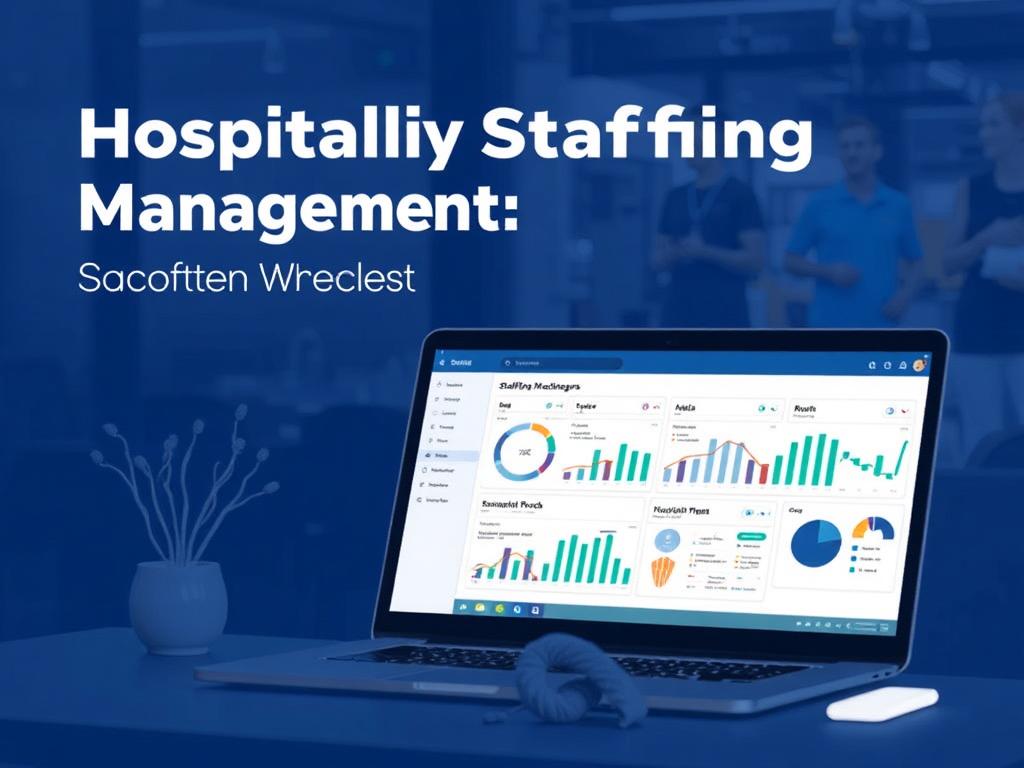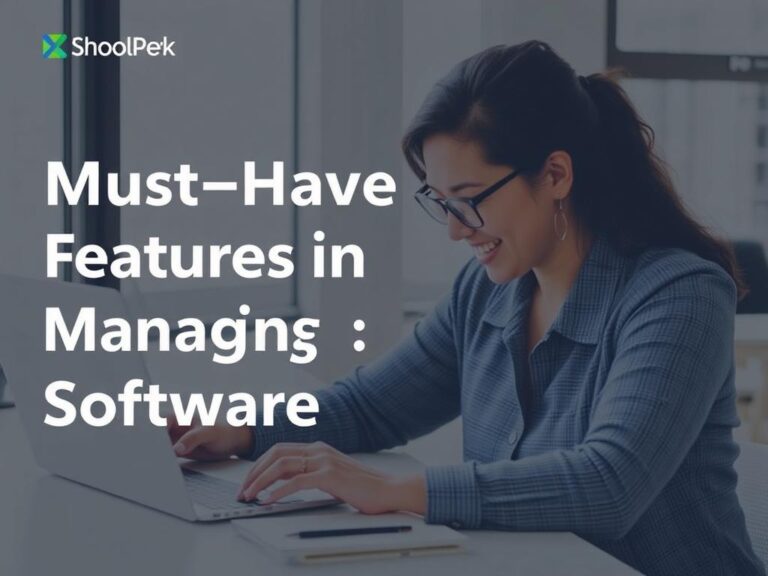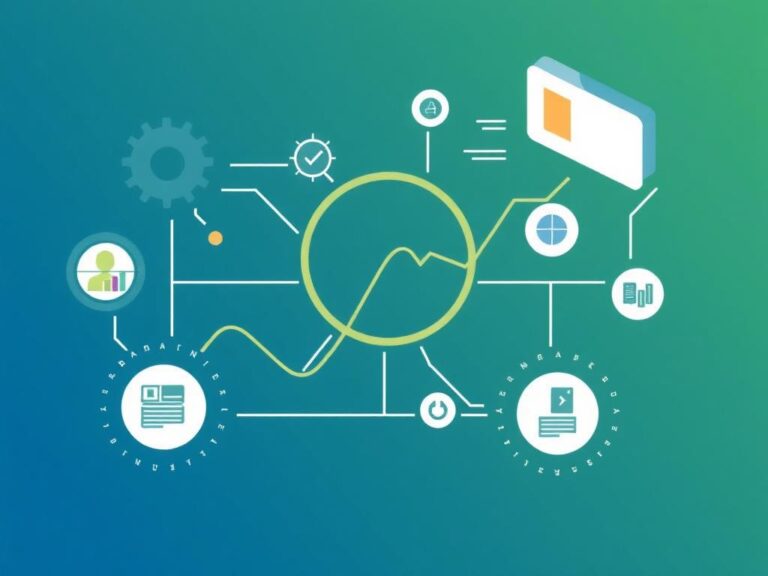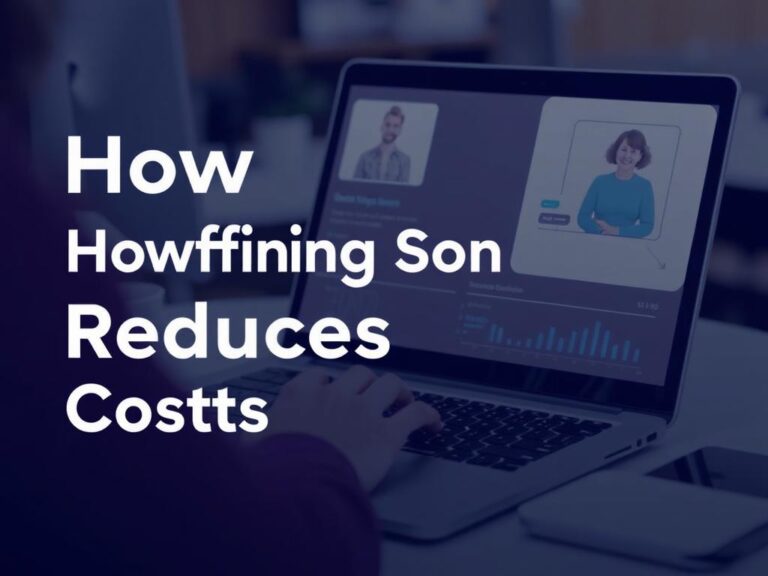Hospitality Staffing Management: Software Solutions That Work
In the fast-paced world of hospitality, managing staff efficiently can be one of the biggest challenges faced by hotels, restaurants, and other service providers. From scheduling shifts to handling last-minute changes, proper hospitality staffing management is crucial to maintaining smooth operations and providing excellent customer service. Fortunately, with the rise of advanced software solutions, businesses can now tackle these challenges head-on, streamlining their workforce management while reducing errors and improving productivity. In this article, we will explore the best software solutions that work for hospitality staffing management, helping you choose the right tools to keep your team organized, motivated, and ready to deliver exceptional hospitality.
Why Hospitality Staffing Management Matters
Before diving into software, it’s important to understand why efficient staffing management is vital in the hospitality sector. Employees are the backbone of every hospitality business, and ensuring shifts are covered with the right mix of skills and availability can make or break customer experiences. Poor staffing leads to overworked staff, increased turnover, and lower service quality, all of which directly impact a business’s reputation and profitability. On the other hand, a well-managed schedule means happier employees, consistent service, and the flexibility to adapt to peak times or unforeseen changes like employee absences.
Key Challenges in Hospitality Staffing Management
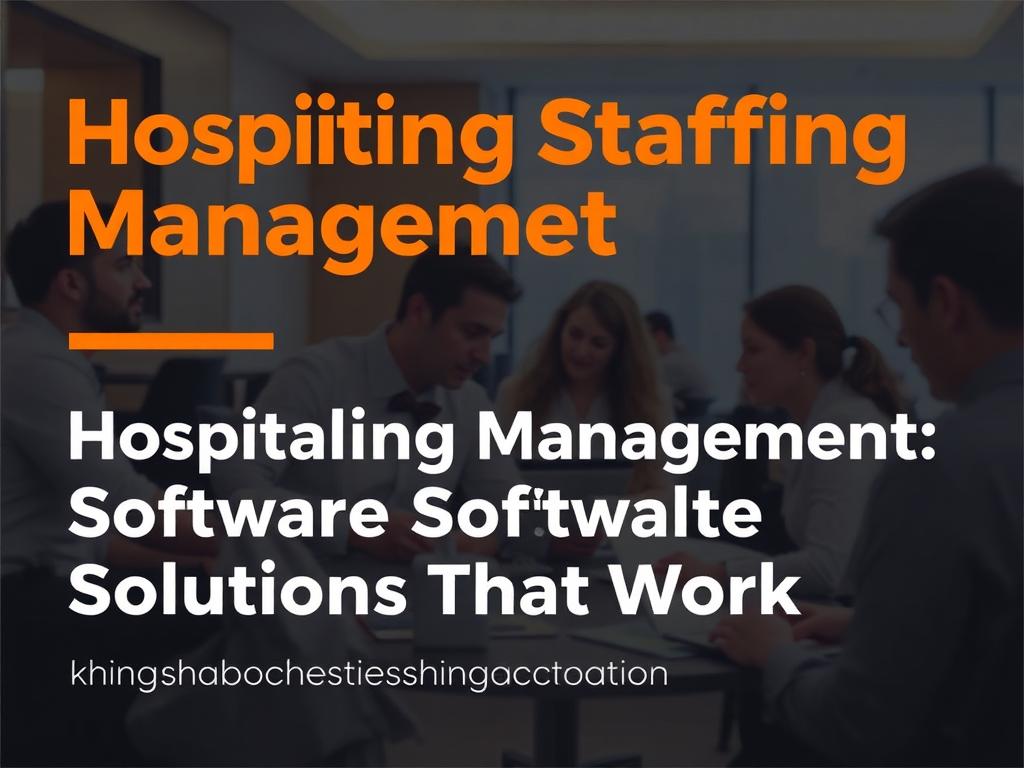
Managing hospitality staff comes with unique challenges, such as:
- Unpredictable demand and seasonal fluctuations
- Complex shift patterns, including split and rotating shifts
- Last-minute changes due to emergencies or no-shows
- Compliance with labor laws and overtime regulations
- Communication across multiple locations or departments
These factors make manual scheduling tedious and error-prone, increasing the need for robust software that can simplify the workload.
What to Look for in Hospitality Staffing Software
Choosing the right software solution depends on specific needs but there are some common features that every hospitality staffing management tool should have:
| Feature | Benefit |
|---|---|
| Shift Scheduling & Automation | Automatically assigns shifts based on availability and qualifications, reducing errors. |
| Real-Time Communication | Enables instant updates and notifications to staff about schedule changes or alerts. |
| Time & Attendance Tracking | Monitors clock-ins and clock-outs to calculate accurate hours worked and payroll data. |
| Mobile Accessibility | Allows staff to check schedules, request time off, and swap shifts via smartphone apps. |
| Compliance & Reporting | Ensures adherence to labor laws, overtime limits, and generates reports for managers. |
Using software with these functionalities can transform your hospitality staffing management, making it both efficient and stress-free.
Top Hospitality Staffing Software Solutions in the Market

With many software options available, it can be overwhelming to choose the best fit. Here are some of the leading solutions that consistently deliver results in hospitality staffing management:
- HotSchedules: Designed specifically for restaurants and hospitality, it simplifies scheduling, labor forecasting, and communication with an intuitive mobile app.
- When I Work: Focuses on shift scheduling combined with attendance tracking and team messaging, perfect for businesses with dynamic shifts.
- 7shifts: A popular choice with features including employee scheduling, time tracking, communication, and labor compliance support tailored to hospitality.
- Deputy: Offers user-friendly scheduling and time clock solutions, with strong integration capabilities and automation tools.
- Shiftboard: Suitable for larger hospitality enterprises, providing advanced tracking, compliance management, and analytics.
Each of these tools includes core features that address common hospitality staffing management needs, though some stand out for specific functions like forecasting or multi-location support.
How Software Improves Hospitality Staffing Management
Implementing software changes the way managers and staff interact with schedules and work hours. Here’s how software transforms staffing in hospitality environments:
1. Streamlined Shift Scheduling
Gone are the days of juggling paper schedules or manual spreadsheets. With hospitality staffing management software, shift scheduling becomes faster and more accurate. Automated scheduling algorithms consider employee availability, qualifications, and forecasted guest volumes, ensuring the right number of staff are rostered at appropriate times.
2. Enhanced Employee Communication
One of the biggest friction points in hospitality staffing is communicating schedule changes or shift swaps. Software solutions provide built-in messaging and push notifications, allowing staff to quickly respond to updates or request shift swaps without delays or misunderstandings.
3. Improved Attendance and Payroll Accuracy
Tracking clock-ins and outs digitally reduces time theft and errors, ensuring employees are paid accurately for their hours worked. Furthermore, real-time attendance data helps managers spot trends such as tardiness or absenteeism and take corrective action promptly.
4. Greater Flexibility and Employee Satisfaction
With mobile apps and self-service portals, staff can easily view schedules, request time off, or pick up extra shifts. This flexibility increases employee engagement and satisfaction, ultimately reducing turnover—a common problem in hospitality.
5. Compliance with Labor Regulations
Hospitality businesses must adhere to strict labor laws surrounding overtime, breaks, and working hours. Staffing management software often includes built-in compliance controls, alerting managers to potential violations before they happen and generating required reports during audits.
Factors to Consider Before Implementing Hospitality Staffing Software
While software may sound like a perfect fix, choosing and deploying the right tool requires careful planning:
- Business Size and Complexity: Smaller operations may prefer simpler tools, while large hotels need software with advanced features and multi-location support.
- Integration Capabilities: Look for software that integrates seamlessly with your existing payroll, HR, and POS systems to avoid double data entry.
- User-Friendliness: Choose a platform that’s easy for managers and staff to navigate to ensure high adoption rates.
- Support and Training: Good vendor support and training resources are crucial, especially during the transition phase.
Implementing the Software Successfully
Successful implementation involves clear communication with your team about benefits and changes, comprehensive training sessions, and gradually rolling out features to allow adjustment. Monitor performance regularly and gather feedback to fine-tune schedules and workflows.
Future Trends in Hospitality Staffing Management Software

The hospitality industry continues to evolve, and staffing management software evolves with it. Some upcoming trends to watch include:
- Artificial Intelligence (AI) and Machine Learning: AI-driven scheduling that predicts demand based on historical data, weather, local events, and more.
- Advanced Analytics: Detailed workforce analytics providing insights into labor costs, scheduling efficiencies, and employee performance.
- Integration with Contactless Technologies: As touchless tech grows, integrating staffing software with contactless check-in and service tools enhances guest experience.
- Employee Wellness Features: Incorporating wellness surveys and burnout risk monitoring to improve staff well-being.
Hospitality staffing management software will increasingly become a vital strategic tool, not just a scheduling aid.
Conclusion
Managing hospitality staff efficiently is no small task, but leveraging the right software solutions can make a remarkable difference. These tools streamline shift scheduling, improve communication, ensure compliance, and enhance employee satisfaction—all critical factors to running a successful hospitality business. Whether you run a bustling hotel or a family-owned restaurant, adopting hospitality staffing management software tailored to your specific needs can help you save time, reduce costs, and ultimately deliver exceptional guest experiences. As technology continues to advance, embracing these solutions will become essential for staying competitive and meeting the evolving demands of the hospitality industry.
